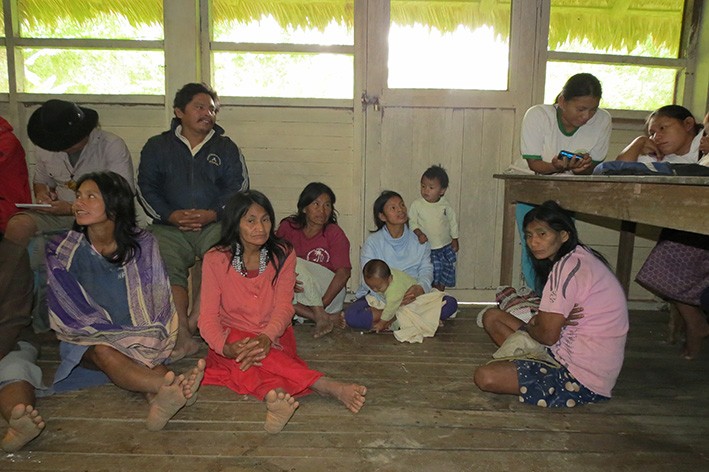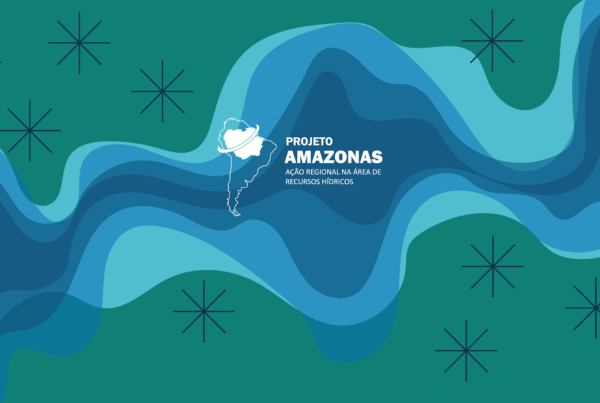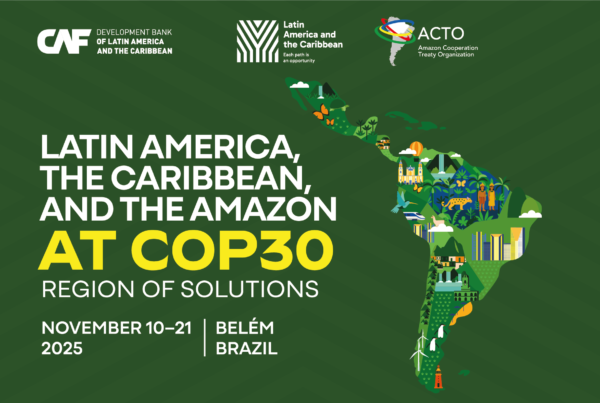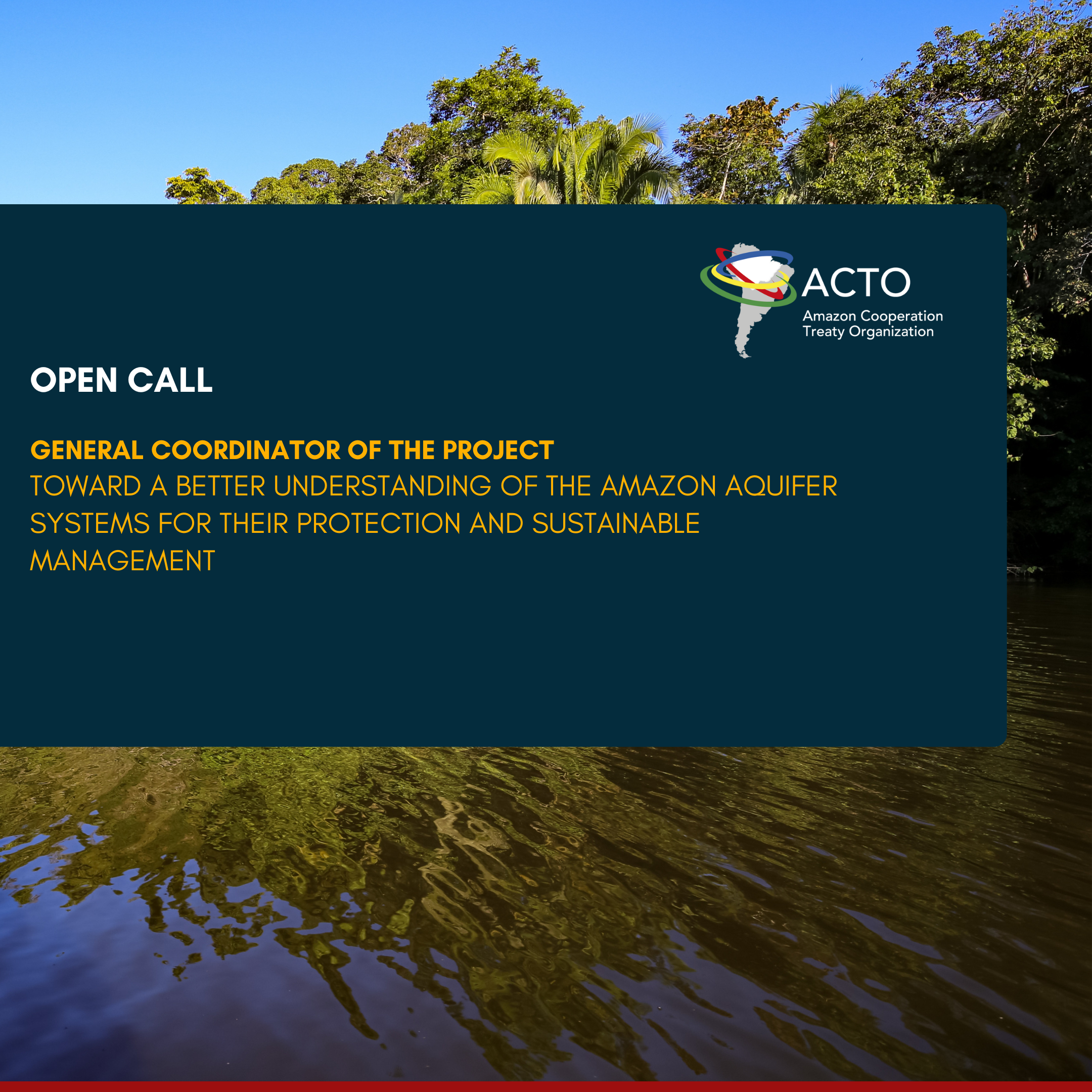The First Meeting of Advisors and Collaborators responsible for the preparation of Territorial Studies and Situational Health Diagnoses was held on June 18. These studies will be applied in the territories defined for the implementation of the project “Health Contingency Plan for Highly Vulnerable Indigenous Peoples and in Initial Contact ”, planned within the framework of ACTO/IDB cooperation. This meeting was attended by the Executive Director of the Permanent Secretariat of ACTO, Ambassador Carlos Alfredo Lazary, Dr. Carlos Arósquipa of the Pan American Health Organization/South America (PAHO/SAM), and the technical team of the Inter-American Development Bank.
On this occasion, representatives of the HIVOS international organization, the Amazon Conservation Team (ACT), as well as organizations operating in the Amazon region of Peru, Ecuador, Brazil, and Colombia were also present in the virtual meeting.
In this first meeting, the main components of the actions to be carried out and the ACTO/IDB Project Operational Plan of Activities were presented. There were also expressions of interest in establishing synergies with the projects: “Planning, preparation and promotion of access to vaccines against Covid-19 in transboundary indigenous communities PAHO/CAN”, the “Amazon Indigenous Health Route” of HIVOS, along with the activities of the ACT organization in the target territories.
The consultants and collaborators were presented, and their participation and skills to work in the following territories were highlighted:
Ecuador/Peru border, Napo-Tigre territory; Bolivia/Peru border, Madidi and Bahujá Sonene national parks; Brazil/Colombia/Peru, the Putumayo-Iça river territory; Brazil/Peru border, Madre de Dios region and the Mamoadate Indigenous territory; Brazil/Peru, regions of the Javari Valley and Loreto, and the triple border region of Brazil, Guyana, and Suriname.
Finally, the delegates presented their opinions regarding the planned activities, committing to work jointly, specifically in the exchange of information and possible recommendations to improve the working methodology, particularly in the fight against Covid-19.



